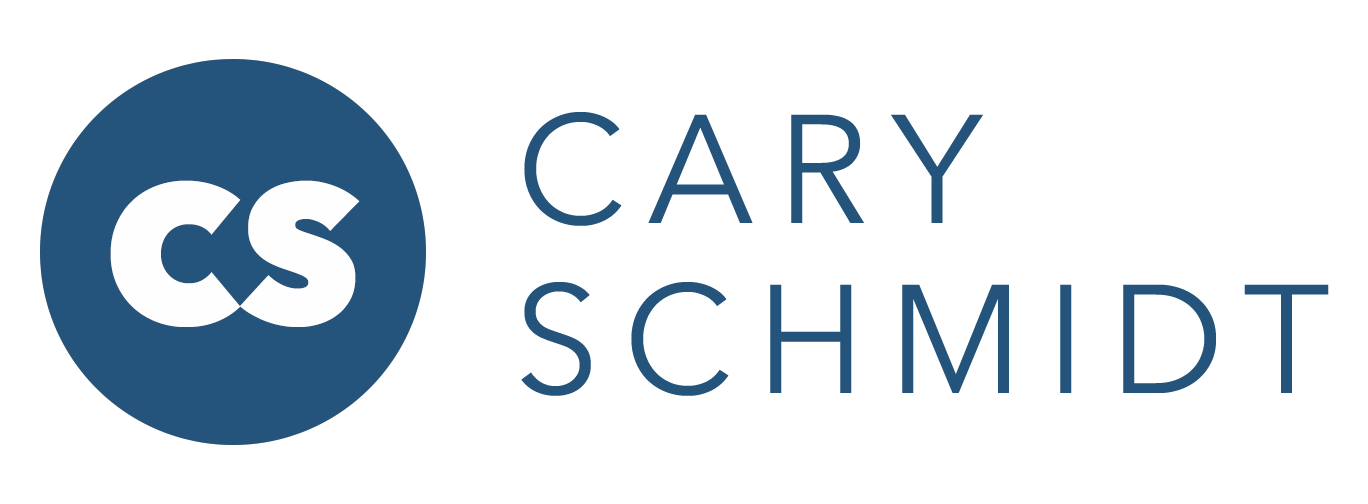A friend recently asked me to do a post about the Bible study software or sermon resources I use. Here’s a quick snapshot of that part of my world, for what it’s worth. I don’t claim to have all the answers, but I do benefit from posts like this written by others. Maybe I’ll share something that you will find useful.
1. Online Bible—my number one “go-to” software is called Online Bible for Mac. The basic program and Bible text is a free download, but the CD (very affordable) comes with a lot of classic commentaries, lexicons, etc.
For studying the Bible or easily accessing a lot of scripture on a regular basis, there is no better or faster solution—period! Online Bible is the worlds most awesome, under-stated Bible study software. The name is deceiving. It’s not an “online experience” but the name makes you think it is. Here’s what I love about it.
It’s just fast—there is no easier, faster way to access scriptures, view cross references, reference lexicons, search, etc. This software is instant, uses the lexicons of your choice, cuts and pastes easily, and allows you to set your own style preferences.
One key—learn the short-cuts, read the user guide, and play with the preference settings—especially the cut and paste formatting and shortcuts. It will save you a ton of time in formatting scripture in your sermon outlines. Online Bible can do a lot more than you think at first glance.
It’s not pretty, but it is very simple and fast. It’s the single Bible study software I use the most.
2. Logos—this is an expensive, massive, powerful software with an inexhaustible library. It’s almost overwhelming. I love Logos for the massive amount of reference material that it makes easily accessible. I use Logos for more in depth research or reading. It brings a wealth of commentary and information to any topic or Bible passage. The library is accessible across many devices. The negative of Logos is that it’s sluggish, complicated, and expensive—but worth it.
3. Scrivener—This is my writing work-space. Scrivener is designed for written content creation, so it’s what I use for all my writing. It’s an easy to organize, clean, and responsive workspace.
It’s a word-processor on steroids—no opening and closing files. They all reside in your open Scrivener file. Spell-check, basic formatting, importing, exporting, compiling, outlining, planning, researching, and much more can all be managed in Scrivener.
Before Scrivener, I had sermon series ideas, and other content ideas in several various places. Scrivener gave me one landing place for everything related to content development.
4. Kindle Library—My kindle library is now FAR larger than my physical book library. Being able to highlight as I read, and then access those highlights from my computer is such a gift! I read everything I can get my hands on, my only wish being I had more time to read.
5. Olive Tree Bible for iPad—I don’t use this for study, but I love it for reading the Bible. I prefer to read the Bible by paragraph, with minimized chapter and verse divisions—this way it feels like a book. My mind processes it differently and more enjoyably without the verse numbers dividing every few lines. Olive Tree allows you to set all this in the preferences to create a very customized, book-like reading experience.
6. Faith Life Study Bible for iPad—I have greatly enjoyed reading the Bible and accessing the study notes included. It’s free, it’s nicely designed, and it has a good base of study notes to help navigate difficult passages.
About Evernote: I use Evernote as a long-term filing system. All of my saved illustrations, articles, news clippings, sermon series ideas are filed away in Evernote. I’ve never succeeded in using Evernote as a workspace (the built-in word processing is really limited), but I love it as a storage system.
About the Environment: “Where you study” is pretty important as well. For me, the environment is as critical as the tools. The answer varies for different people. Most long-term pastors, that I know of, have (or had) a study in their home—somewhere quiet and away from the traffic of the main church office.
Focused solitude with God is the key, so the best answer is, “Wherever you can find quiet, focused, productive solitude.” For me the formula is first about a comfortable workspace where I can focus. This includes good lighting, temperature, and a place that’s inviting.
Practically, I’m looking for a spacious surface where I can spread stuff out, a comfortable chair for long days sitting, a large computer screen, an uninterrupted environment, and access to any resources I might need. The right background music can also help me think.
I’ve put a lot of thought into creating this place in a study in my basement (with the help of a great friend who knew how to build it.) Other than sometimes missing natural light, this space is an awesome place to work with quiet focus. Occasionally I study somewhere else, but it’s always where I can focus.
Even in the most focused environment, I’m tempted to respond to emails and texts all day—which are sometimes challenging to turn off. The best study days are when all of that is silenced and it’s just me and God through His Word. Those days are life-changing.
So that’s my sermon software toolbox. What tools have you found most helpful in studying God’s Word or sermon preparation?




